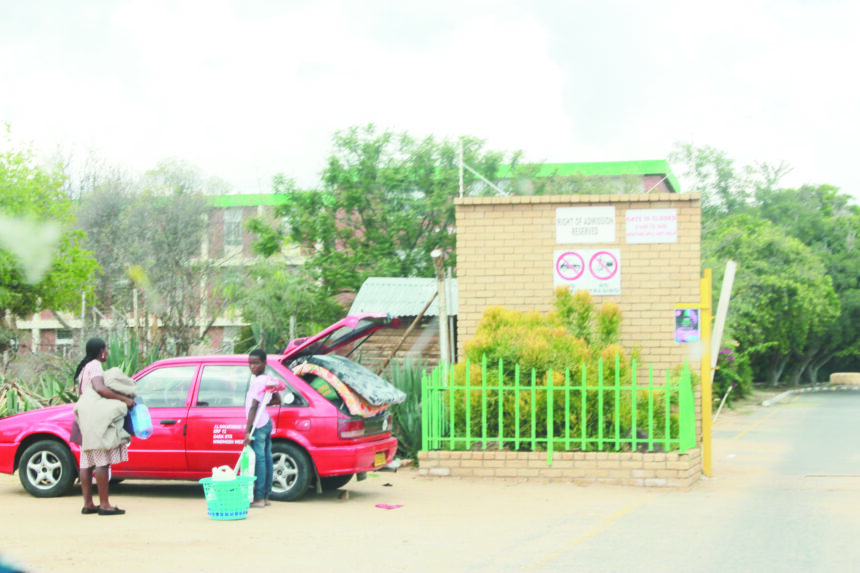Hilma Hashange
OMUTHIYA – The shortage of school hostels at secondary schools in the Oshikoto region has resulted in many learners
renting accommodation in townships.
After completing primary school, the learners migrate from villages to nearby towns to enrol in secondary school, and are forced to rent in ‘ghettos’ because of a lack of hostel facilities at some schools.
Susana Muhongo, a principal at Omuthiya Iipundi Senior Secondary School in Omuthiya, said most of her pupils are facing social and economic factors, which affect their performance at school.
“Omuthiya Iipundi does not have a hostel. The learners are accommodated in kambashus [shacks]. Some of them are even in grade 8; some are 13 and 14 years old, yet they are already renting. There’s no parental supervision; they are on their own. These kambashus are in the townships where there is noise and bars, and they are just roaming around during the
night,” lamented Muhongo.
To mitigate the situation, she
advocated for more school hostels to be constructed, as it might improve performance in secondary schools.
“Boarding school is expensive, but it is the only solution. Let us board the learners, and at the same time we will solve the problem of ill-discipline, as social problems affect the learners. If you sit down with some of these
learners, you find that the issues faced by these learners, not even an adult can handle,” said a visibly-shaken
Muhongo.
“These learners are hungry, and cannot concentrate in class. They divide their weeks with three days of school attendance, and the rest of the days are spent at construction sites, looking for odd jobs,” added the principal.
Muhongo was speaking during the consultation meeting of stakeholders with the Parliamentary Standing Committee on Human Resources and Community Development at Omuthiya.
This meeting was to deliberate on a motion on the current crisis in the education sector.
Thomas Kalimbo, deputy director of programmes and quality assurance in the Oshikoto education directorate, stated that schools have now resorted to establishing community hostels to cater for the large number of learners who need accommodation.
“We have an increase in the number of community hostels because of the need. Schools which are offering higher grades are admitting some learners who are coming from faraway villages, forcing the community and the school management to improvise and come up with community hostels,” he said.
Kalimbo, however, noted that many of the community hostels are still not subsidised by the ministry of education.
“The biggest challenge is the requirements. The ministry requires that for a community hostel to receive a subsidy for learners accommodated in that hostel, it should have a fitness certificate, and this fitness certificate comes from the Ministry of Health and Social Services.
For this to be issued, there are strict requirements, especially in terms of capacity. The hostel must have a proper kitchen, and because these are just initiatives from the community, many of them are not able to meet such standards,” he continued.
Kalimbo said the ministry is working hard to ensure that all the community hostels are subsidised.
“A subsidy goes a long way in terms of assisting these hostels to ensure the wellbeing of the learners, and also improving its infrastructure,” he said.
The Oshikoto region currently
has 229 schools registered with the ministry of education, and 25 community hostels.
*Hilma Hashange is an information officer at MICT in Oshikoto.



